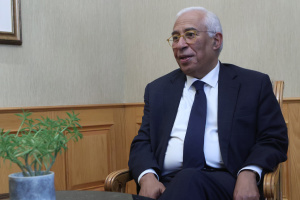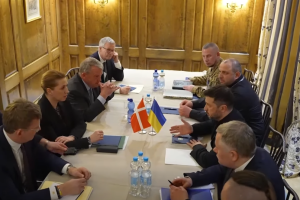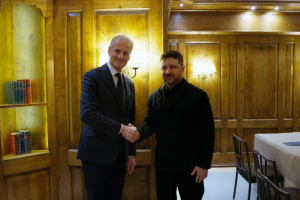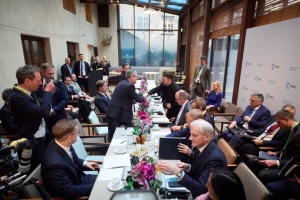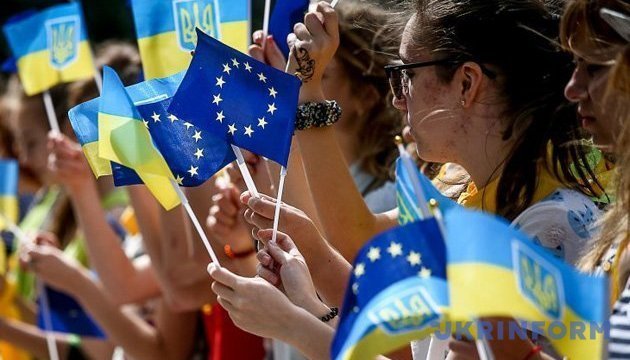
EU-Ukraine Association: ambitious agreement signed with Ukrainian blood
On September 1, the Association Agreement between Ukraine and the European Union finally entered into force. Although the document does not guarantee and does not contain prospects for Ukraine's membership of the European Union, this is the most ambitious association of the Community with any third country. Yet it would be neither permissible nor fair to call Ukraine the so-called "third country." The state and Ukrainian people have already proven their commitment to European values which, moreover, they are now defending against Russian aggression.
In the same week, Brussels hosted the annual conference of ambassadors of the European Union, which are heads of 140 representations (or delegations) of the Community in various countries and the international organizations. Ukraine is among them. This traditional event, held late in the summer before the start of the new political season, is an opportunity to check if everyone is on the "same page" of the European Union's foreign policy and to provide the EU's ambassadors guidance for further work in third countries.
The High Representative of the EU for Foreign Affairs and Security Policy, Federica Mogherini, is the head of the conference. This year's speech of the High Representative before the ambassadors contained the general trends of European and world diplomacy. It did not include any criticism, in particular, of Ukraine.
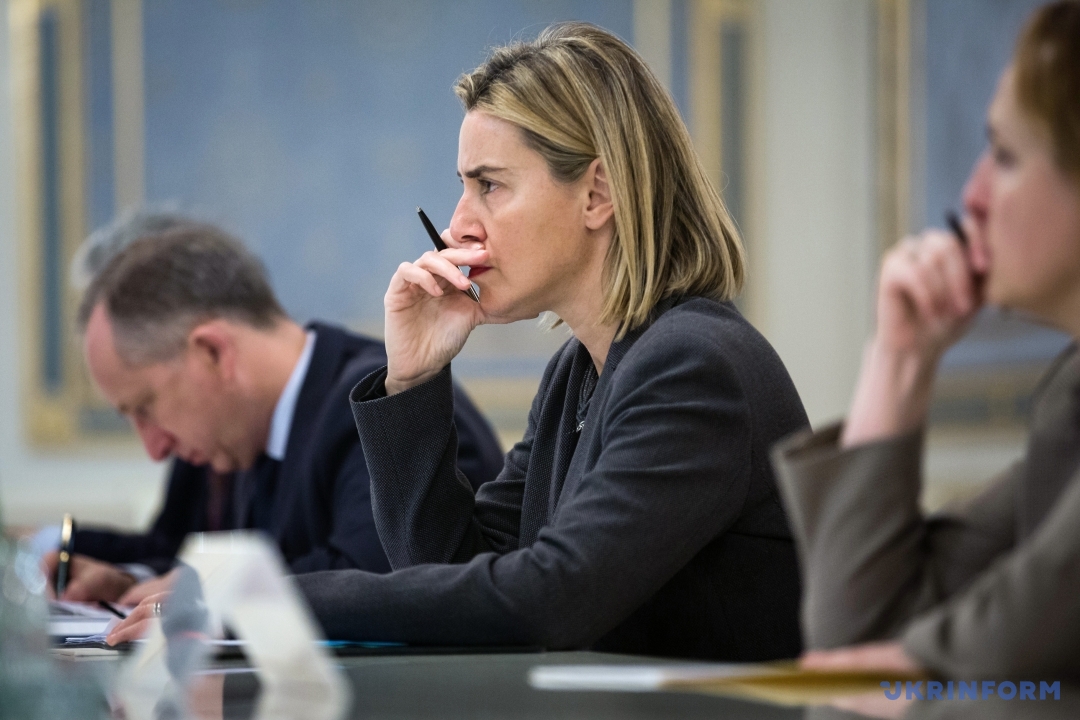
Mogherini mentioned the current challenges for the EU in the world: terrorism, irregular migration, the withdrawal of Great Britain. Her speech was in stark contrast to the not-so-apt rhetoric of the President of the European Commission, Jean-Claude Juncker, who also spoke before the ambassadors.
RASMUSSEN IS CTITICAL OF JUNCKER’S REMARKS
Some of the theses, voiced by an experienced Luxembourgish politician, were immediately picked up by the Russian media which turned them into an object for anti-Ukrainian propaganda in Russia. The reaction of Ukrainian diplomats on the highest level soon followed.
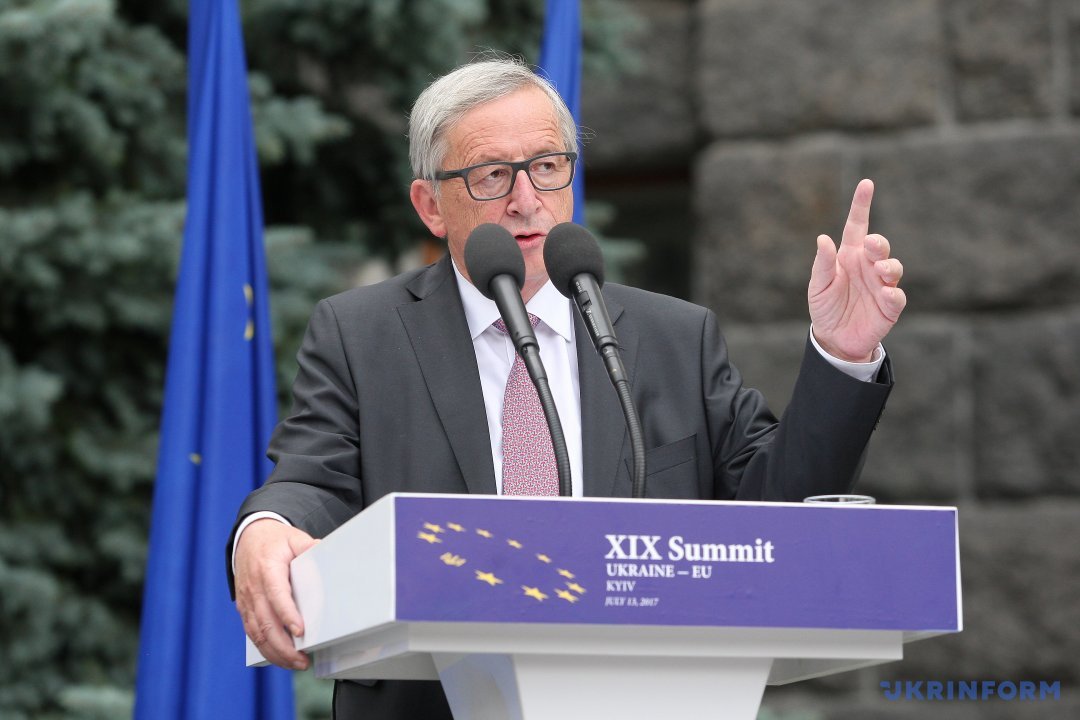
In particular, Juncker noted that his "friend, President of Ukraine Petro Poroshenko," stated that our state is an integral part (not officially, but in terms of values) of the EU and NATO. Instead, the president of the European Commission questioned such European and Euro-Atlantic aspirations and prospects of Kyiv.
Head of the Mission of Ukraine to the EU, Mykola Tochytsky, addressed a letter to the European Commission in which he asked to explain the statements by Jean-Claude Juncker, President of the European Commission, during the annual ambassadors' conference in Brussels.
Ambassador Tochytsky drew attention to the actual words of Ukrainian President Petro Poroshenko, who, when speaking on the occasion of the 26th anniversary of Independence of Ukraine, noted the unchanging strategic course of Ukraine for integration into European and Euro-Atlantic structures. He expressed concern that the words of the President of the European Commission were widely used by Russian propaganda media in an information campaign aimed at discrediting Ukraine and the European integration course of our state.
Therefore, such an interpretation by Mr. Juncker of Ukraine's European prospects, just before the entry into force on Friday of our association, is at the minimum not very correct.
An early response to such ambiguous position of Juncker, was given by a friend of Ukraine, former NATO Secretary General Anders Fogh Rasmussen. He stressed that the president of the European Commission in his speech "pushes away" the countries that are looking for their European future.
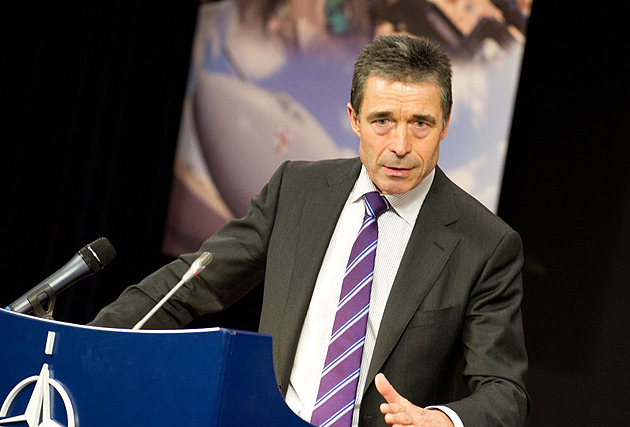
UKRAINIANS - SAVING EUROPEAN IDENTITY
At the same time, such position of the head of the European Commission cannot be considered as unfriendly. In Juncker’s election program and official strategy is stated that by 2019, no country (and above all Western Balkan candidates) will be allowed to become a member of the EU.
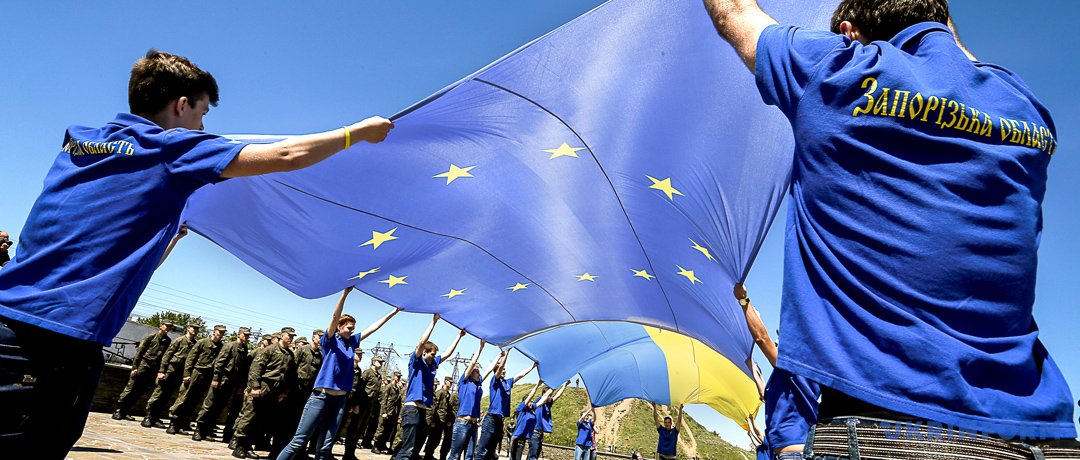
In the upcoming years, Ukraine and its most EU optimistic people in Europe will not even receive a "candidate to be a candidate" status. This only gives an additional incentive to continue European reforms for the sake of the establishment of a European and democratic state. The format of the association, this most ambitious agreement with the European community, is sufficient to move further on the European path.
Moreover, Ukrainians today are one of the strongest and most numerous European nations. Perhaps it would not be very politically correct to say this, but among Europeans one hears more and more often the idea that it is the Ukrainian nation of 45 million people that can save Europe in the context of the migration crisis and reluctance of some representatives of other continents to integrate into European societies.
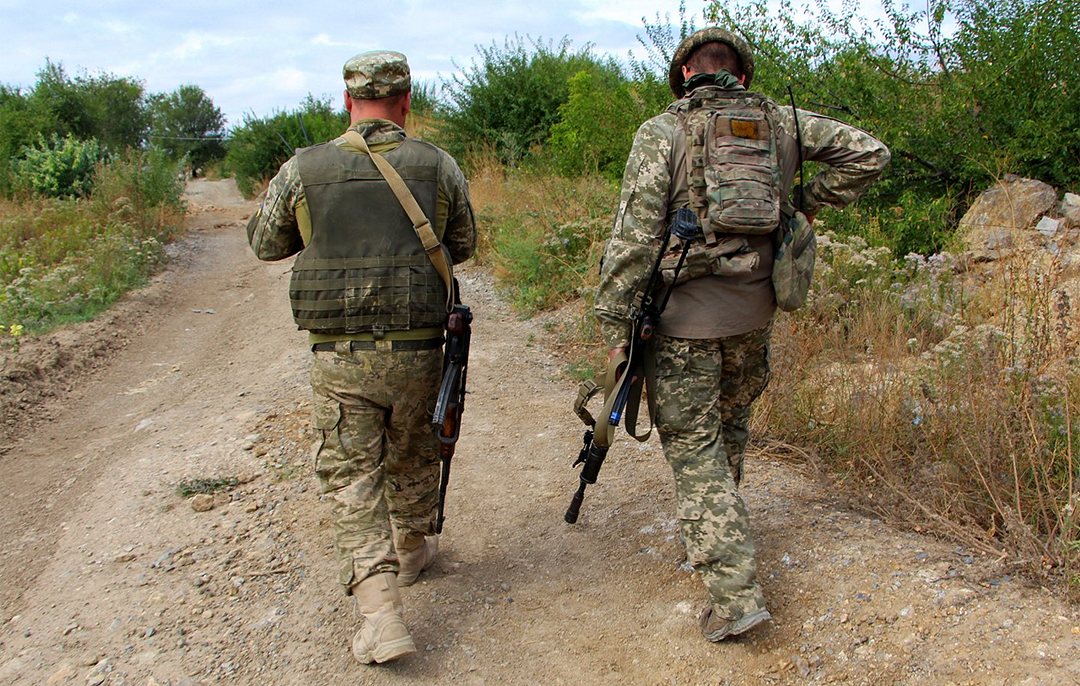
Our patriots are now in an outpost, on the front line to defend European and Euro-Atlantic values against Russian aggression.
We pay with the blood of our best warriors for a stable and safe Europe. Unfortunately, not everyone here realizes and clearly understands this.
Andrii Lavreniuk, BRUSSELS.

